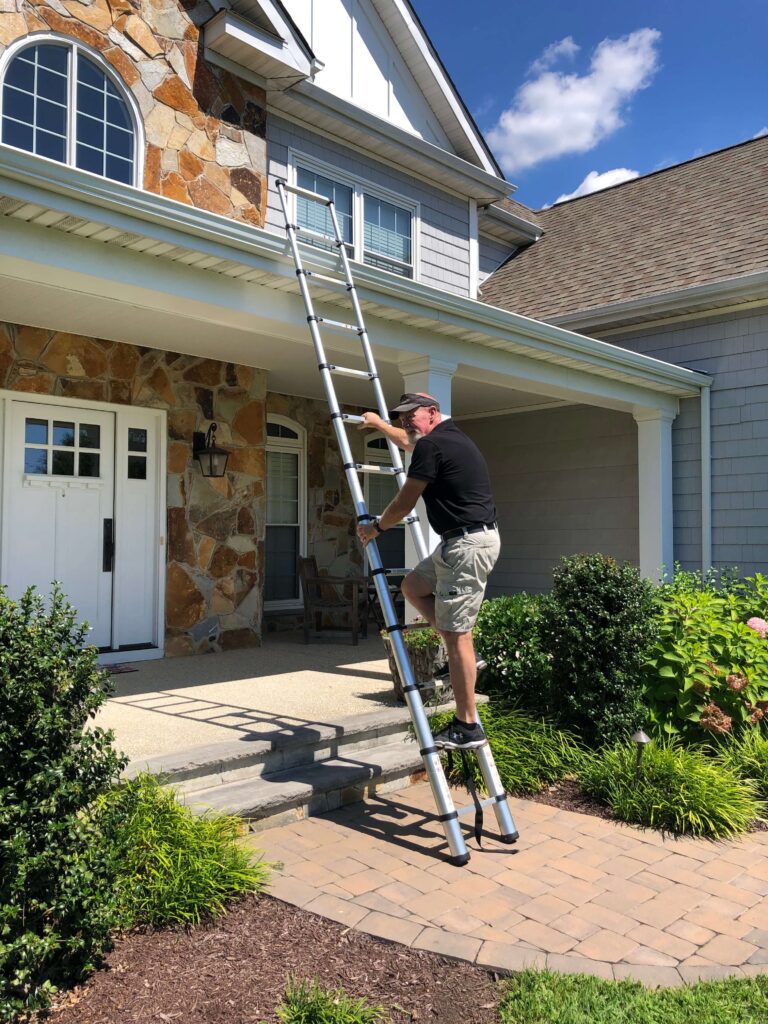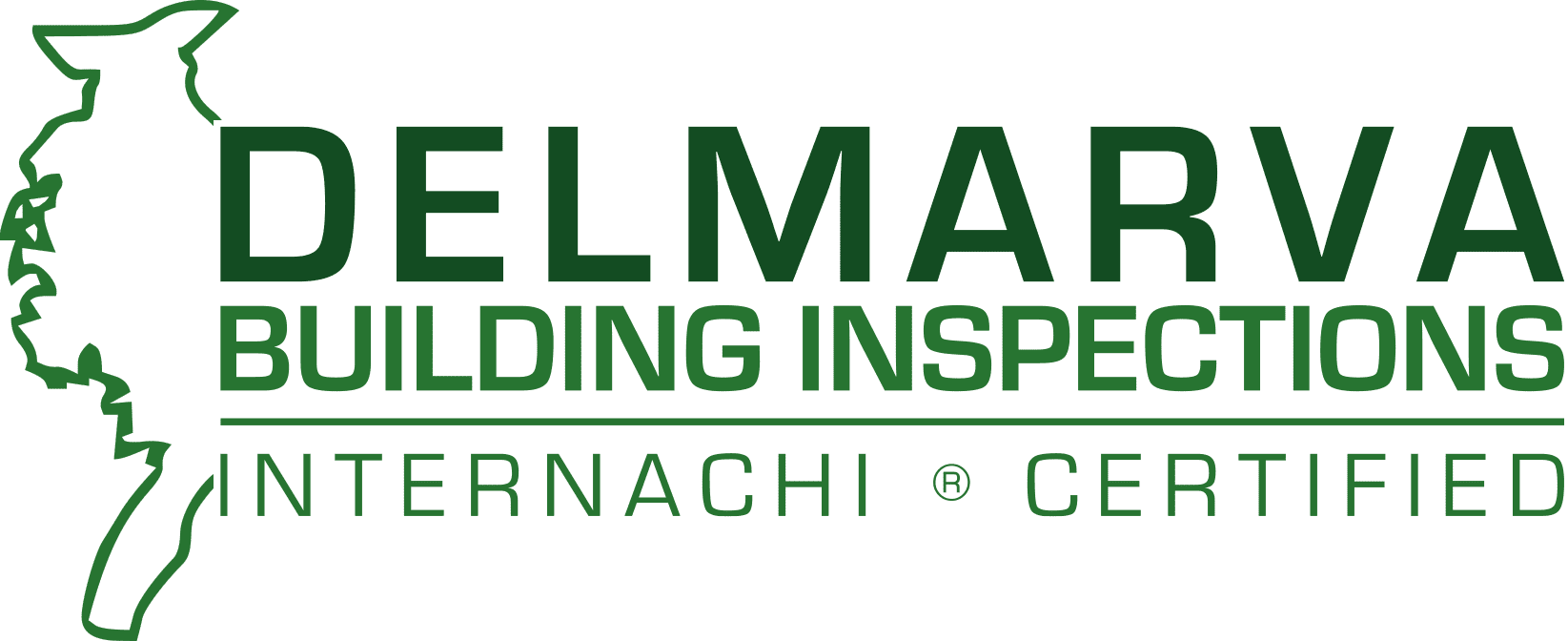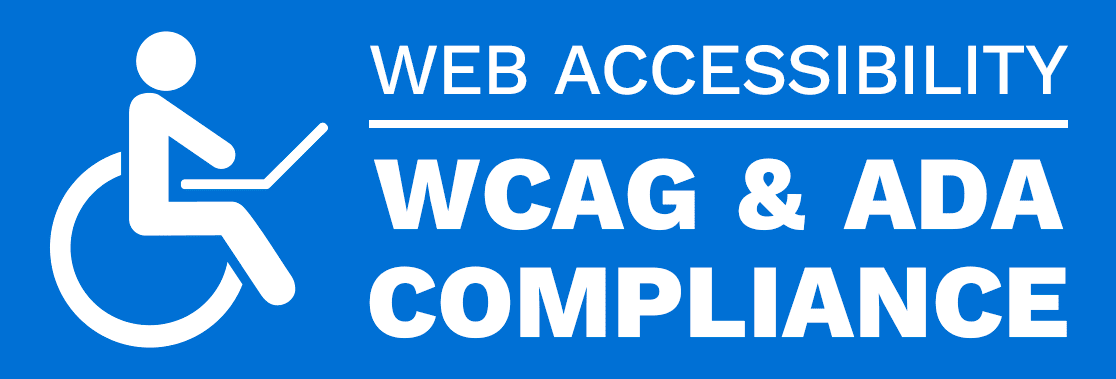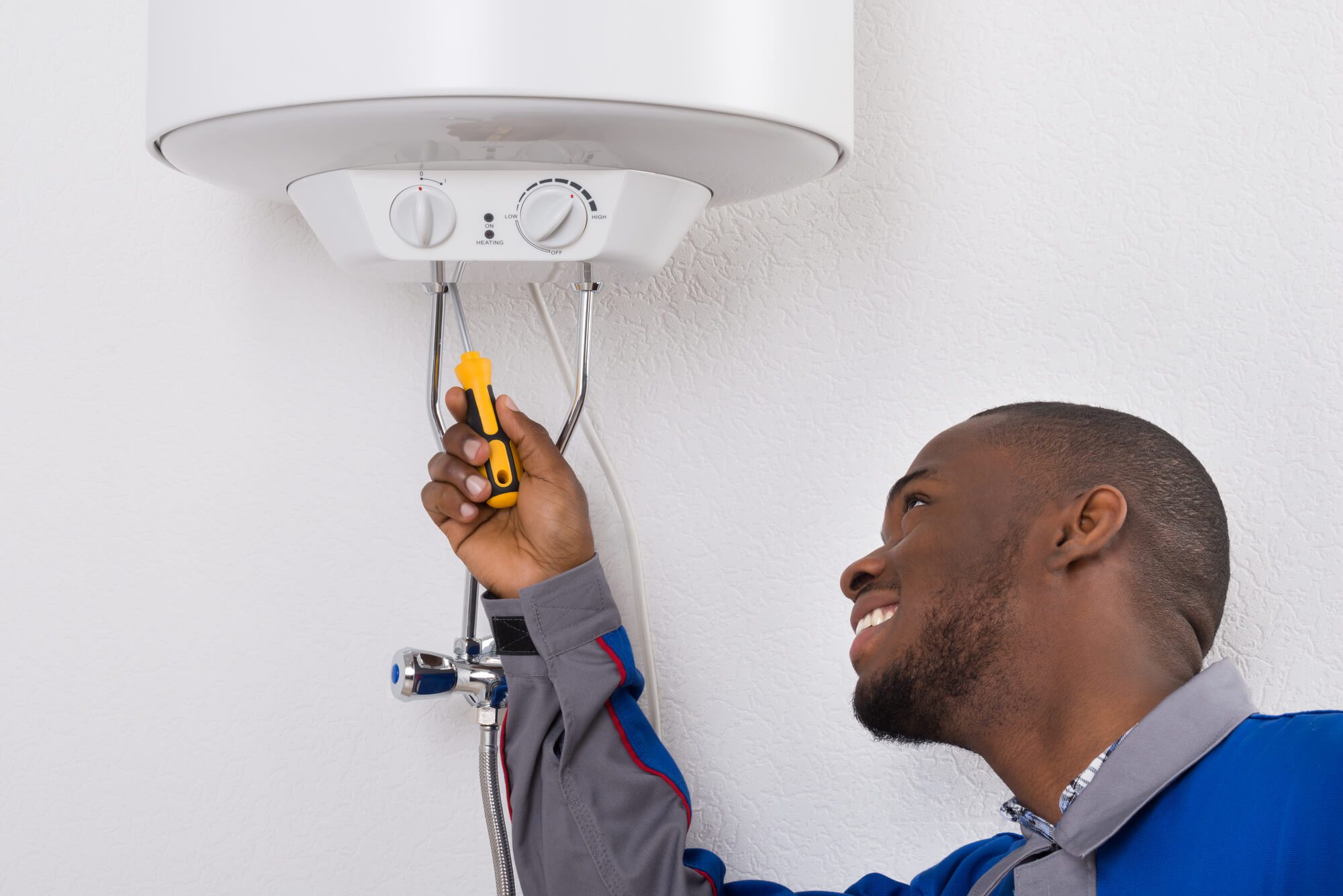Understanding the Importance of a Home Inspector
Using a home inspector is optional yet highly recommended step in home buying. Its primary purpose is safeguarding the buyer by revealing any concealed structural or mechanical issues within a house or condominium. This inspection can uncover problems not readily apparent during a standard walk-through, which the seller may have yet to disclose intentionally or due to lack of awareness.
Issues that a thorough inspection might unearth include mold hidden within walls, pest infestations, and failing plumbing, heating, or electrical systems. In some cases, the assessment may find no problems at all. Given the potential for costly repairs, it’s common for home-purchase contracts to allow buyers to withdraw based on the inspection’s findings. Additionally, issues revealed during the inspection may provide grounds for renegotiating the sale price or requesting seller credit.
A Home Inspector’s Role
In the quest for a reliable home inspector, grasp the significance of this decision within the home-buying process. Your choice of a home inspector can substantially influence your future home’s satisfaction. A home inspector is a professional tasked with evaluating a property’s condition. Such inspections can serve the seller as a pre-sale assessment or, more frequently, the buyer when a property is under contract.
A meticulously conducted home inspection offers buyers invaluable satisfaction, helping the soundness of their investment. A thorough examination covers every visible aspect of the property, both inside and out. This examination encompasses a comprehensive evaluation from top to bottom, particularly emphasizing structural integrity, mechanical systems, and safety aspects. Subsequently, the home inspection report documents the findings in a clear format. It’s customary for home inspectors to share this report with their clients and their real estate agents.
Cautions About Real Estate Agent Referrals
Your real estate agent may offer recommendations for home inspectors, but it’s essential to approach this cautiously. While the agent may have good intentions, this referral presents a potential conflict of interest. Real estate agents have a vested interest in closing the deal, which may only sometimes align with the interests of the inspector, who earns a fee for their report. If the inspection uncovers too many severe issues, it could lead to price negotiations or even the deal’s termination. An inspector referred by your agent may feel obligated to minimize the inspection’s findings.

Identifying Trustworthy Home Inspector Candidates
In finding a reputable home inspector, start by asking friends who have recently purchased a home if they can recommend an inspector they used. You can also seek referrals from local online communities like NextDoor or Patch, where members often share their experiences. Crowdsourced directories such as Yelp and home service websites like Angie’s List and HomeAdvisor can be valuable resources.
Professional and trusted organizations like the International Association of Certified Home Inspectors (InterNACHI), the National Academy of Building Inspection Engineers, and the American Society of Home Inspectors (ASHI) certify home inspection professionals. Some states, such as California, maintain databases of inspectors through organizations like the California Real Estate Inspection Association. Check the experience, professional certifications, and services local member inspectors provide on their websites.
Once you’ve identified potential candidates, conduct an online search to check for any complaints or reviews. Use search terms like “complaints” and “reviews” with the inspector’s company name. Your local Better Business Bureau chapter may also have information about the inspector you’re considering.
Selecting a Home Inspection Company with the Right Credentials
Whether opting for a large company or an individual inspector, confirming that the chosen inspector is bonded and insured is necessary. When vetting home inspectors, inquiring about their insurance is a critical step. Errors and omissions insurance holds particular significance as it protects in case of overlooking significant issues. Depending on the locality, some inspectors may operate without general liability insurance. However, the potential problem with uninsured inspectors is their capacity to hold the buyer or the homeowner liable if they sustain injuries during the inspection. Given the inherent risks of exploring attics and navigating basements and crawl spaces, reputable home inspectors carry insurance to shield both parties. It’s advisable to steer clear of inspectors who lack insurance coverage to avoid future legal complications.

Your Home Inspector Must Not Dabble in Home Repairs
The inspection company should focus exclusively on inspections and refrain from engaging in home repairs and renovations. Inspectors who also double as general contractors may have conflicting interests, potentially leading to an inclination to identify issues that might not genuinely exist. The primary objective is to secure an impartial assessment of the property’s condition rather than a soft sale of repair or renovation services. While some companies maintain a clear separation between their inspection and repair divisions, as a prospective homeowner, you can only be sure about the potential bias after paying for the inspection. Thus, selecting a dedicated home inspection company is advisable. If you’re interested in repair or renovation cost estimates, it’s best to involve a contractor after the inspection.
Comparing Home Inspection Reports
One effective way to gauge the thoroughness and clarity of an inspector is to request a sample inspection report for a property similar to the one you intend to buy. Comparing reports from various inspectors will reveal which ones provide detailed observations and which include generic information, such as the significance of sealing a wood deck or caulking around windows for energy efficiency.
Part of the home inspection process entails receiving a comprehensive report that outlines the inspection’s findings. This report provides in-depth information regarding the home’s condition, listing major and minor concerns. An ideal report will encompass:
- Detailed descriptions of the home’s major components.
- Identification of any significant problems.
- Noting other, less critical issues.
The inspection report is essential for understanding the property’s condition and is invaluable in the negotiation process. It is crucial to review the information carefully and consult with your real estate agent, as they can provide insights and guidance when addressing any issues uncovered during the inspection.
Considering Training and Experience
Before hiring an inspector, gather critical information about their qualifications. You should find out how long they have been in business, the number of inspections conducted, and whether they have taken any specialized courses. In addition to professional certifications, seek out inspectors with several years of experience inspecting homes. They are more likely to have encountered a wide range of home types and various issues. For older homes, look for inspectors with additional training or credentials. Choosing someone who performs home inspections full-time rather than as a side job is advisable.
Evaluating the Extent of the Home Inspection and Its Duration
A comprehensive home inspection covers every facet of the property, scrutinizing all its components, including:
- Plumbing system
- Electrical system
- Structural integrity
- Heating, ventilation, and air conditioning (HVAC) systems
- Water heater
- Basement or crawl space
- Roof and attic
- Signs of water infiltration and grading concerns
- Pest infestations.
- Environmental factors such as mold, radon, asbestos, and lead-based paint
- Appliances and other general aspects of the home
Particular attention focuses on structural, mechanical, and safety or code violations. Knowing the scope of an inspector’s assessment allows for informed comparisons of services among different inspectors. Be aware that some inspectors may concentrate solely on the property’s structure without delving into other aspects. It’s crucial to determine what is in the inspection process.
In most cases, home inspections require two to three hours to complete. Larger homes, fixer-uppers, or older properties may necessitate more time. Beware of inspectors promising to finish the assessment within an hour or two, as such a short duration is unlikely to permit a thorough examination.
Asking the Right Questions
When reviewing an inspection report, asking for sample reports can give you a better understanding of the thoroughness with which the inspector examines a property. It’s ideal to receive information for a property that shares similar age and features (such as deck, fireplace, roof type, etc.) with the one you intend to purchase.
Additionally, it’s necessary to inquire about any recommended additional tests. While it’s essential to avoid unnecessary upselling, there are situations where testing can be beneficial despite the extra cost involved. For instance:
Home-Specific Issues:
Depending on the age and attributes of the house, specific tests may be advisable. Older homes may be more susceptible to pest infestations and chimney problems than newer ones. Properties that have been vacant for a while may have hidden mold, and particular roof or deck designs and materials may require closer inspection.
Climate and Geology-Related Concerns:
Even if you are an experienced homeowner, moving to a new region may introduce unfamiliar local issues. Different areas have distinct climate-related challenges; for example, southern climates may foster different types of insects compared to northern climates, and humid environments and flood plains may be more prone to mold infestations. Moreover, specific geological characteristics in certain areas can make them more susceptible to emitting radon, a naturally occurring gas that is a significant source of lung cancer after smoking. It’s crucial to consider these factors before finalizing a purchase.
Accompanying the Inspector During the Assessment
While it’s not obligatory to be present during the inspection, it’s in your best interest to attend. Being on-site allows the home inspector to explain their observations and offer valuable insights into the home’s state. If you proceed with the purchase, your presence during the inspection allows you to familiarize yourself with the property’s layout and highlight potential areas of concern, even if they aren’t immediate issues.
Your real estate agent’s presence during the inspection can also be beneficial, as they can help you interpret the findings and facilitate the subsequent negotiation process. A knowledgeable agent can provide invaluable support when addressing any issues identified during the inspection, ensuring a smoother path to closing the deal.
Choosing the Right Home Inspector: Your Key to Quality Assurance
Making the right choice when choosing an inspector for your home can make a massive difference in the outcome. With the correct person by your side, you’ll be sure to secure the best information and advice available; that way, you can be confident your home is in good condition. However, choose wisely! Choose an inspector with experience and training that will pay attention to detail, provide accurate results, and answer any questions you may have during the inspection process. Delmarva Inspections Group provides thorough inspections for all residential and commercial properties. So, if you’re seeking quality assurance from a reliable inspector, book an appointment with us today!


















